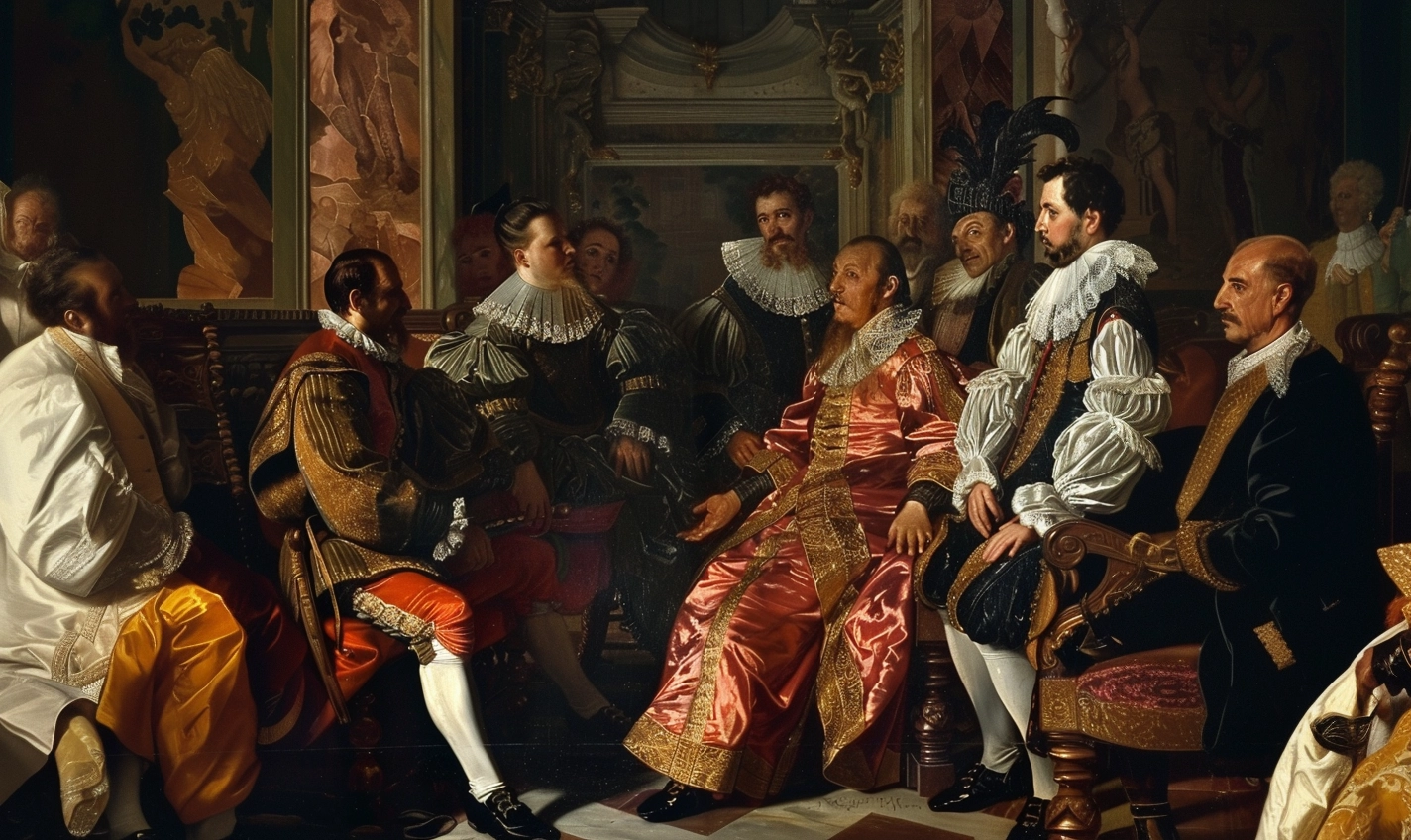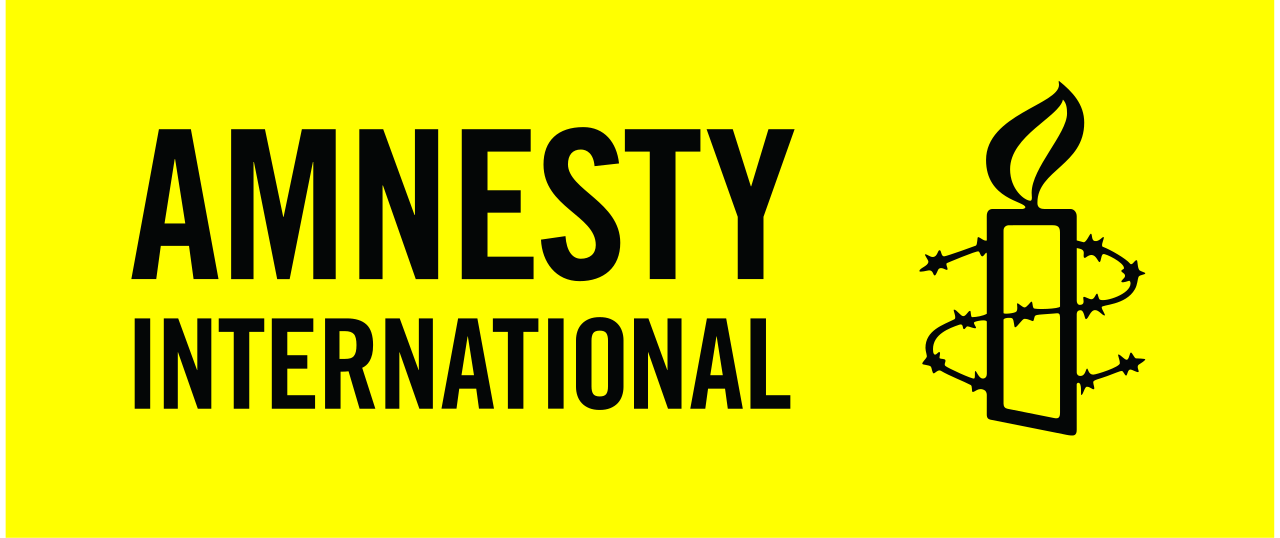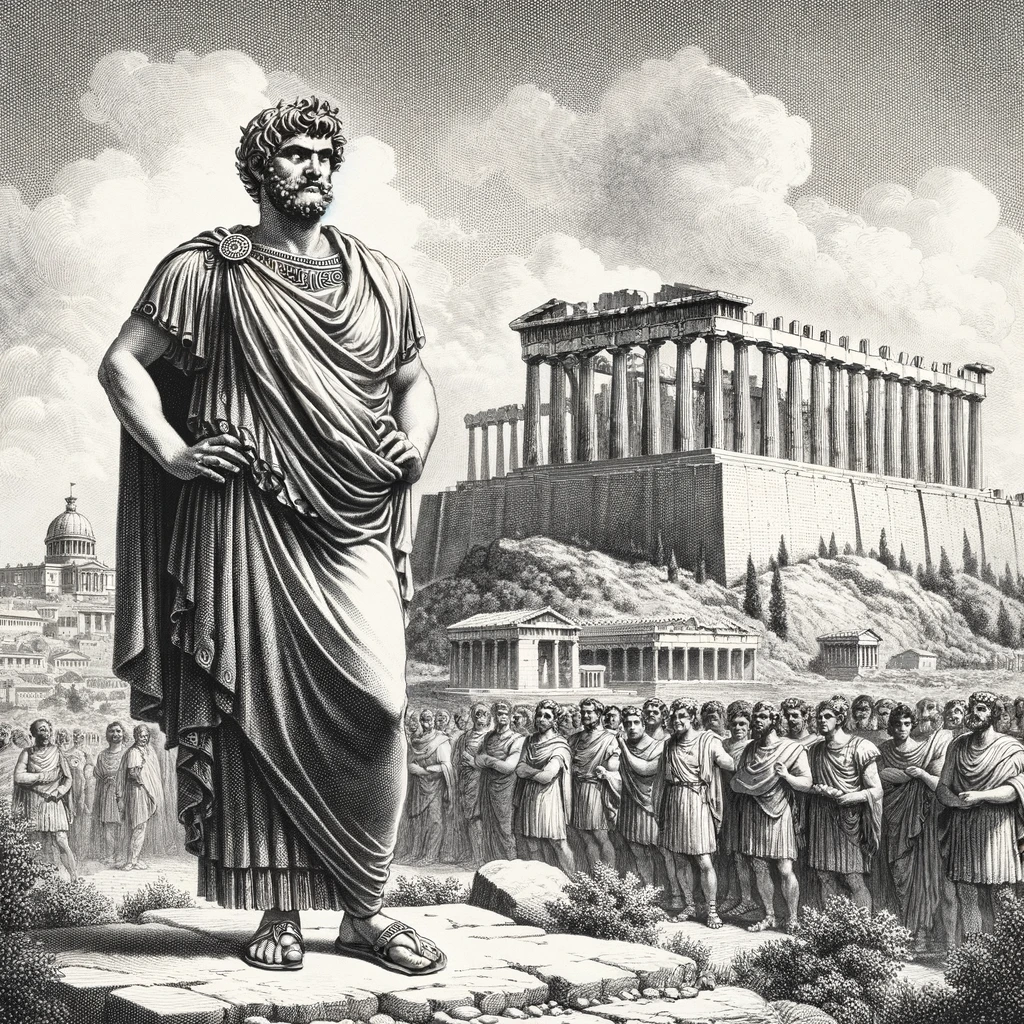
Autocrat Definition & Insights: Exploring Absolute Power
Delve into the concept of an autocrat, a ruler with absolute power, and understand the dynamics of autocratic leadership.
But you don't know it
Definition: Politics refers to the activities, actions, and policies used to gain and hold power in a government or to influence the government. It encompasses the set of activities associated with making decisions in groups or other forms of power relations among individuals, such as the distribution of resources or status.
Etymology and Origin: The word ‘politics’ comes from the Greek word “πολιτικά” (politika), meaning “affairs of the cities.” It is derived from “πόλις” (polis), meaning ‘city’ or ‘city-state,’ and the suffix “-τικά” (-tika), which relates to ‘matters’ or ‘affairs’. The term first appeared in the title of Aristotle’s book “Politika,” where he discusses the affairs of the city-state.

Delve into the concept of an autocrat, a ruler with absolute power, and understand the dynamics of autocratic leadership.

Discover the essence of aristocracy, from its noble origins to the role it plays in shaping societies throughout history.

Explore ‘genocide’, a term combining Greek ‘genos’ (race) and Latin ‘caedere’ (to kill), signifying the mass extermination of groups

Explore ‘amnesty’, from Greek ‘amnestia’ meaning oblivion, a government’s pardon for political offences.

Discover monarchy’s evolution from ‘monos’ and ‘arkhein’ in Greek to varied global forms, from absolute to constitutional

Trace ‘tyranny’ from Greek ‘tyrannos’ to its negative connotation, including Athens’ shift from popular rulers to oppressors.

Explore isocracy’s concept of ‘equal rule’ from Greek ‘isos’ and ‘kratos,’ a vision of political power equality

Trace xenophobia’s shift from ancient Greek hospitality (philoxenia) to modern fear and prejudice against foreigners

Explore how ‘democracy’ is often a misnomer for oligarchic systems where a few elected elites hold disproportionate power.

The word “ideology” comes from French “idéologie,” coined by Antoine Destutt de Tracy in 18th century. Refers to a set of beliefs or principles that form the basis of political, economic, or social system. Can be found in many fields and may be associated with inflexibility or used neutrally.